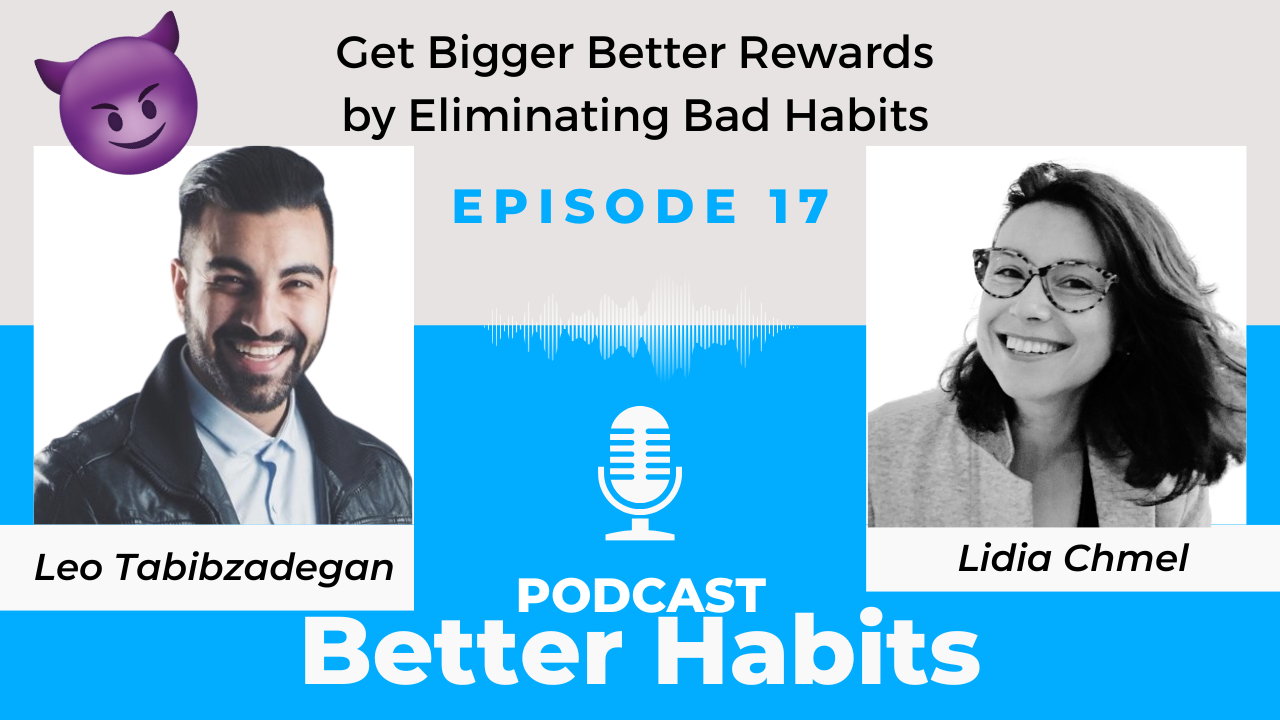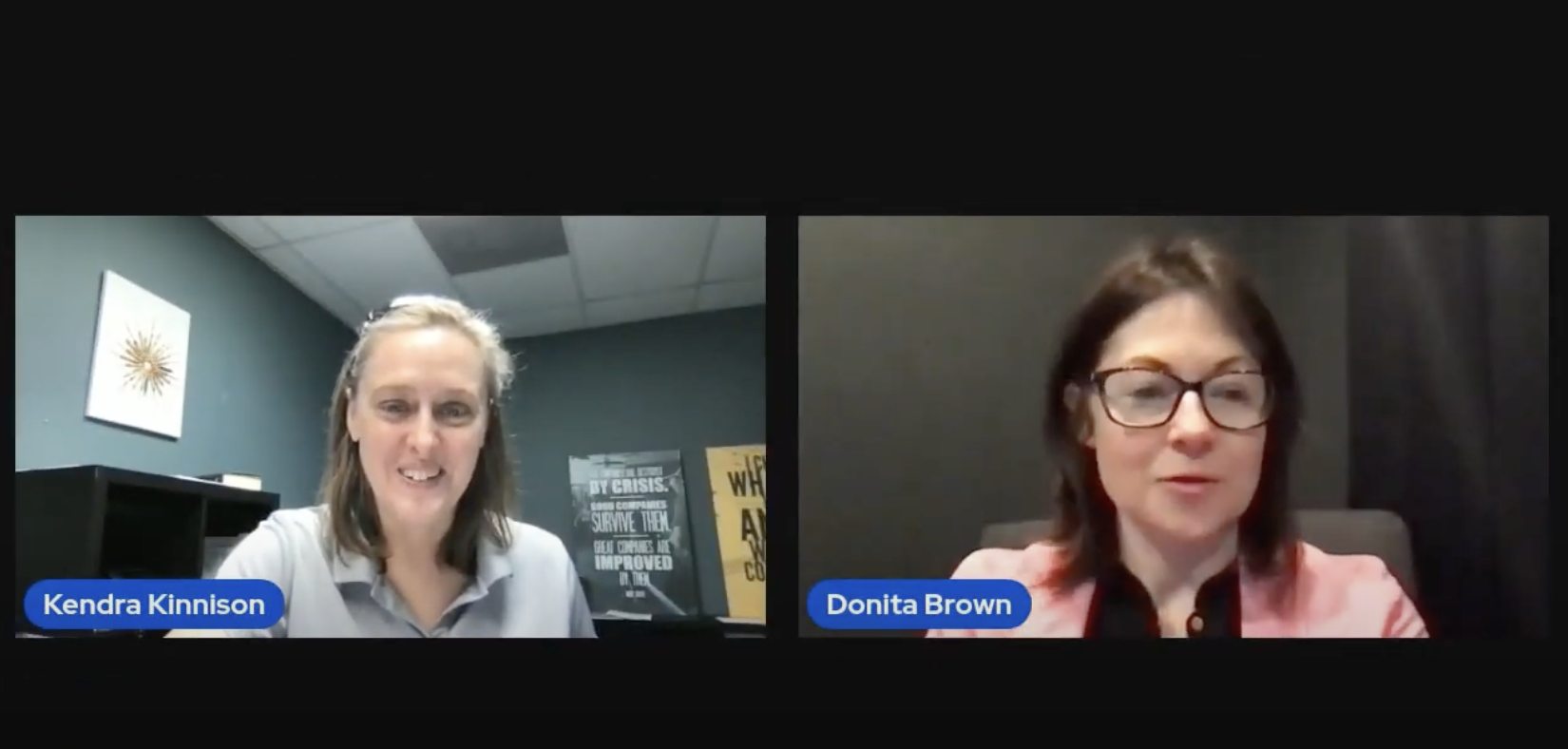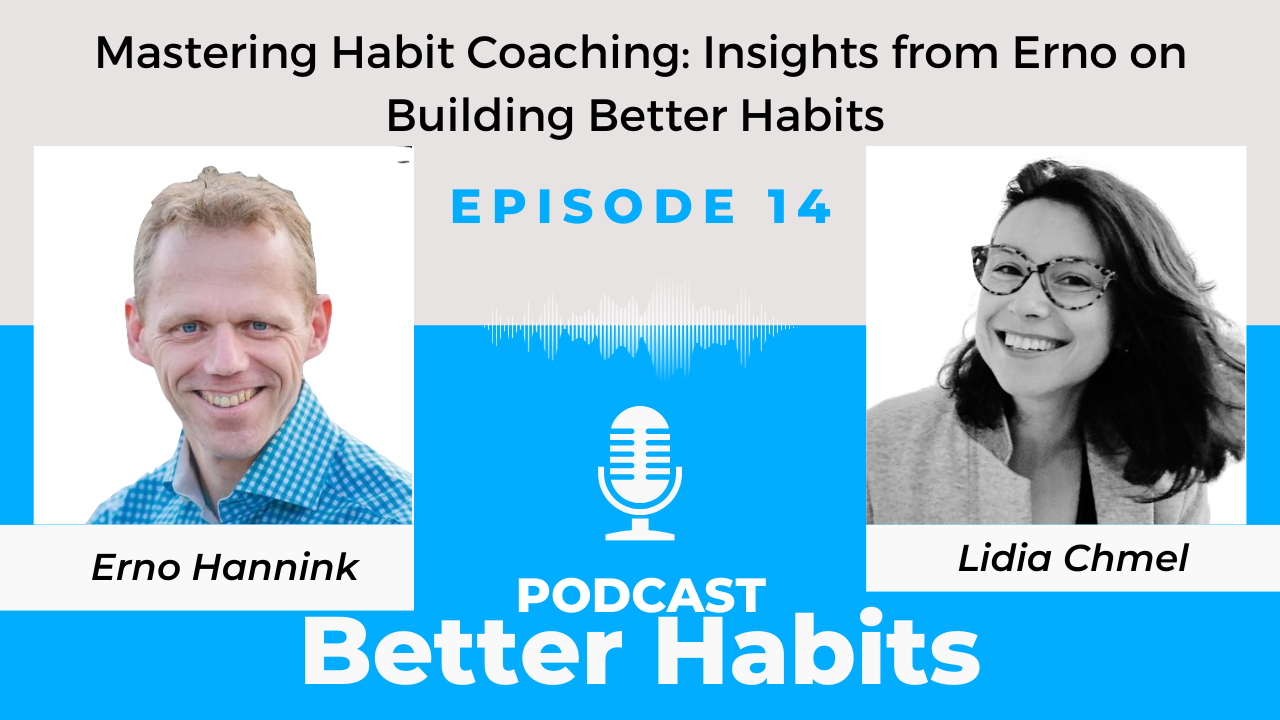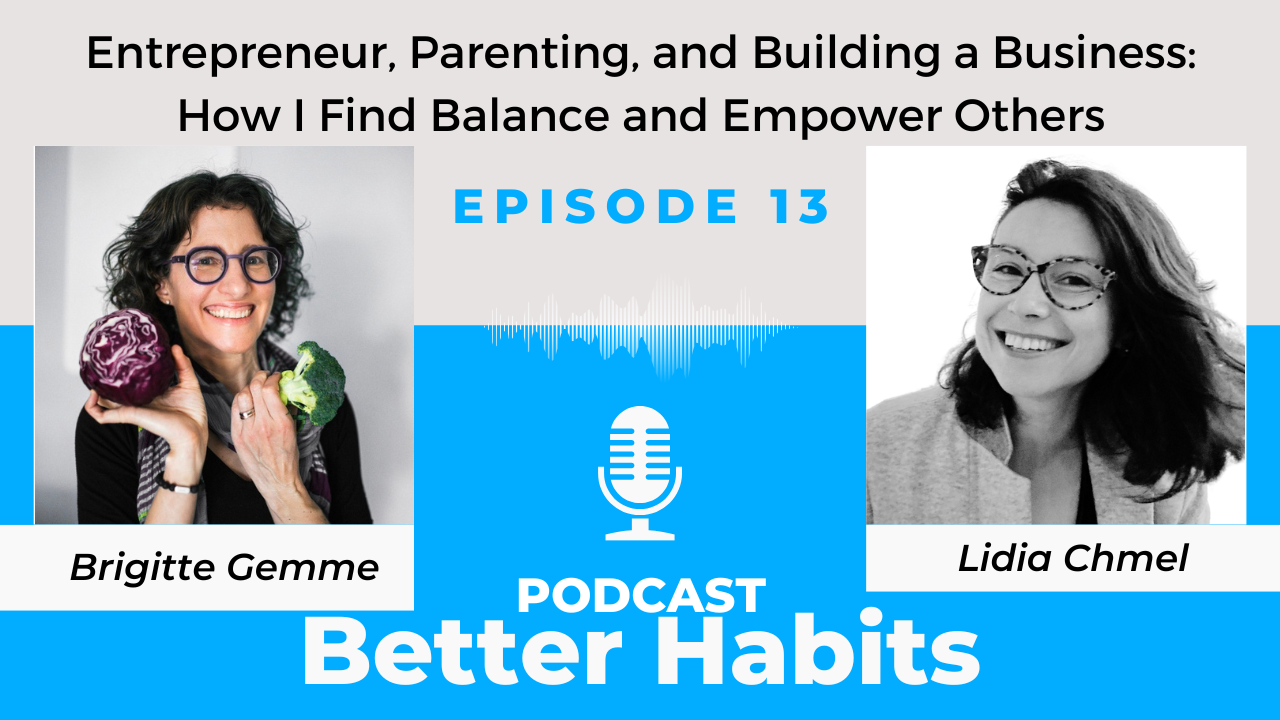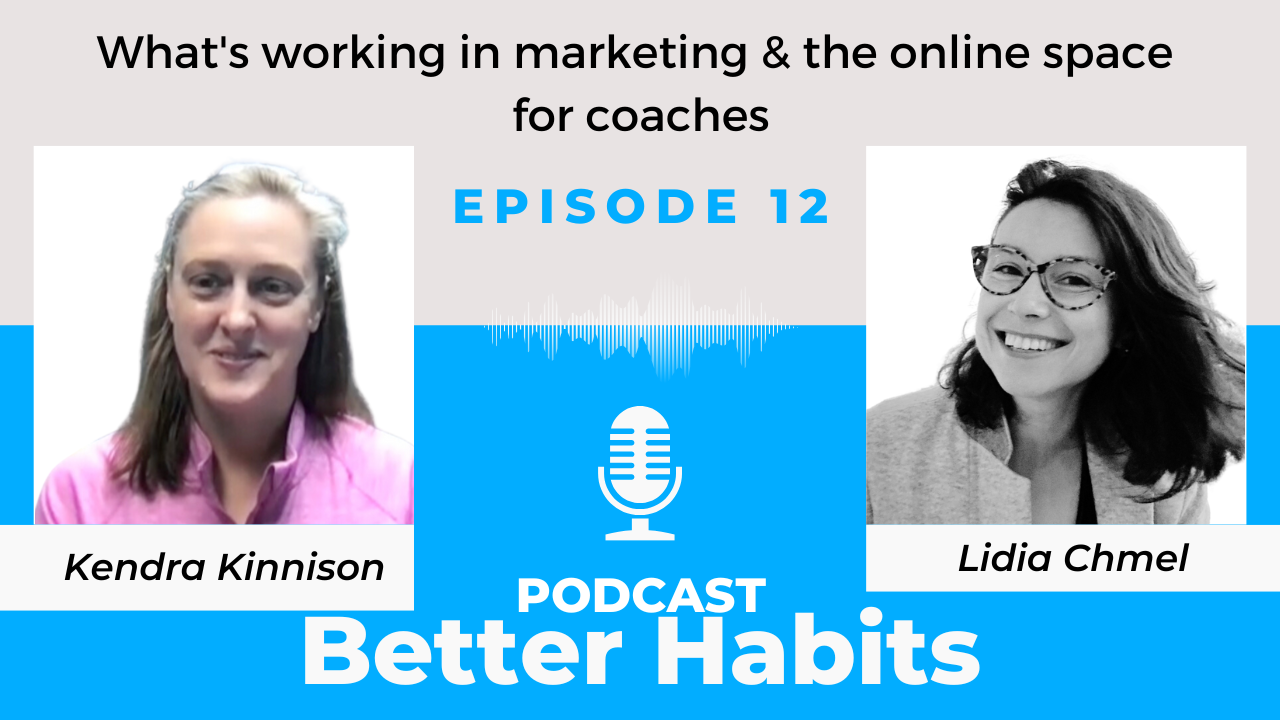Karl Meltzer is an ultrarunner and running coach who’s completed 89 Ultramarathons in 96 starts. He holds the record for most 100-mile trail race wins (35) and the most 100-mile race wins in a calendar year (6 in 2006).
He’s also the Race Director for the Speedgoat 50k, the toughest 50k in America, along with the two new sister races, the “Speedgoat Vertical Mile”, and the “Speedgoat Quadbanger”. We were delighted to learn more about how he trains and what he’s learned from his best clients.
How do you start your own day? Do you have any daily rituals or routines?
I typically wake up at daylight. Earlier in the summer months, later in winter. Once waking up, I typically have a cup of Speedgoatkarl’s 100 Mile Blend of coffee (my own brand).
It takes me about 20 minutes to start to perk up. Once I wake up, I work online for a while and play the weather and temps and determine what time I’ll run. It’s always in the morning and earlier during the summer months. My focus each morning it to get my run in first, then continue on with my day. I eat a light breakfast each morning, usually about 400 calories, then bring First Endurance Gel or drink and go run.
What are your eating habits like? Do you follow any specific program of eating?
I do not have any specific dietary needs or habits, but I do primarily eat non-procesed foods, whole foods in general and cook my own meals. I am not a vegetarian. I’ve tried that before and felt I lost energy, likely with not enough protein, etc, etc. I tend to eat somewhat later in the evening, which is not necessarily the best time, but it works for me. It’s usually around when it gets dark. Again, summer later, winter eariler. My body is very much in tune with the earth’s cycles. Weird…..
There’s so much research being done and advice being published, how do you tell what’s real and what’s fake? How do you decide what’s relevant and what isn’t?
I think it’s pretty hard to really tell what’s fake or not. With any dietary supplement, if it’s not approved by the FDA, then it’s just an opinion, with very little research done. I don’t bite into any gimmicks like this. With training advice, if the person giving the advice has not done these things themselves, then I don’t’ believe strongly in the opinion. With Ultramarathon coaching for instance, someone can be certified as a coach from the USATF, or any other certification program, but if they’ve gotten all their info from books and other people’s experience, then their coaching is almost irrelevant. Experience with Ultras, in my opinion, is the best quality of ultra coach: one who has experienced the highs and lows of going far. Learning by doing is the best way to learn something, not by reading about it and expecting it to work for everyone. Nothing works for everyone. Everyone is different, so training for each person has to be individually prepared, then adjusted if needed to find what works best for him/her. It takes time to figure it out this way, but it’s the only way to really figure it out.
Is there any current thinking about diet and fitness that needs to be challenged?
I don’t know if I have a great answer for this one, but diet does come into play for sure. Those folks who eat whole foods (essentially no junk food) will do better. Lighter meals, more frequently has always worked better for me, with digestion and overall good feeling. Being vegetarian does not necessarily make someone more fit. It’s actually more complicated than one might think. It’s hard to get the proper nutrients one needs to sustain a high level of training within the every day lifestyle of most of us. Work comes into play, meals become more poor and less structured, so we do our best to combat that. We are all born with certain genes, and we can’t change those: we can only treat our bodies well and hope it works in the long run.
Fitness wise, again: each person is different and it takes time to find what works for each person. My goal is to find that in my coaching. I analyze what people do and look for patterns of success and patterns of failure to figure this out. It’s been a very successful way of helping clients get the most out of what they have. Me included. I’ll never be a miler, never was—so I went to longer distances where I can stay in my comfort zone for a long time. I found what works for me in that regard.
Is there anything new you’ve started doing recently, or anything you’ve quit?
Not really. I do a little more speedwork than I used to, but in general I run very hilly, mountainous terrain daily. It works for me. Rest, I’ve found, is something people don’t get enough of. I get plenty, so it helps me recover quickly, even at age 47. Even though my training is slowing down a bit now, I still feel I have a few good races left. 🙂
How do you make adjustments to your workout? It’s hard to know what to do when you’re tired or having a bad workout.
The body is always giving us signs of how we feel, how tired we are…it’s important to listen to these signals. If we are out on a day of intervals and the intervals get tougher and slower, pack it up and go home or just continue to run the distance, but at an easy effort. Save it for another day.
On the other hand, I’m a big fan of running harder when we feel good, and taking advantage of that “signal” to work harder. But then always plan on an easy day following as a recovery day, even if we feel good again. The idea is to run harder and recover, then repeat, repeat, repeat. This helps give the body a chance to constantly improve instead of risk breaking down.
Can you share some of the specific things you notice your top clients doing differently than the average client?
The simple answer: listening to the “signals” I mentioned above. Too many people push through workouts or injuries. Especially injuries, when they know they should stop but forge on and eventually the “issues” become chronic. Then they sit on the bench and can’t play. Staying healthy and uninjured is the most important thing.
Coach.me provides everything you need to improve performance in diet, fitness, productivity, and life. If you’re feeling inspired by what you’ve read, try adding these habits to your dashboard:
- Run: three little letters. One habit with big impact.
- The Whole Foods Diet: Eat only recognizable foods and avoid processed ones.
- Six Weeks To A Half Marathon: if you’ve been running 3-5 miles at a time, this plan can help you work up to longer distances.

